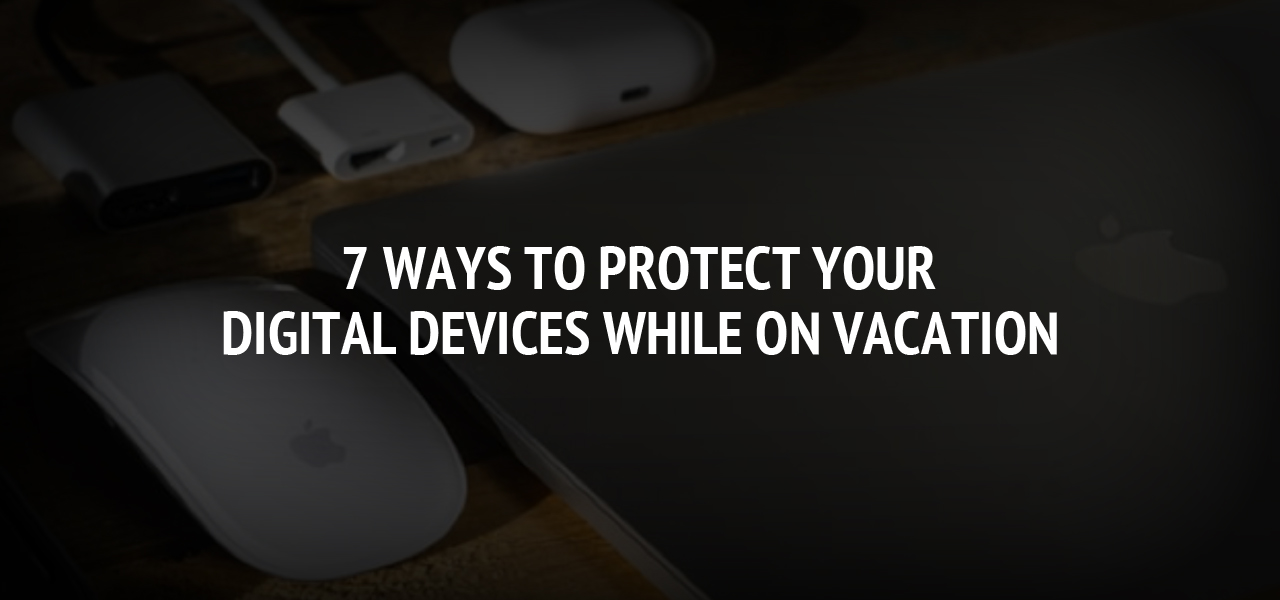The Most Effective Ways to Improve Mobile App Security

With the increasing use of mobile applications, app security has become the primary focus for every app developer. Mobile security is just not deployed as a feature; it is a demand of the day. As most of the data exist within the mobile application, there are more chances of hacking. A proper security measure like SSL Certificate must be deployed on the application to protect your app from cyber threats. Moreover, recent research shows that around 75% of mobile applications do not have enough security checks and they would not succeed even in basic security tests. That's why hackers are targeting more mobile applications than web application to steal customer sensitive data for malicious use. Therefore, app developers should more attentive while developing a mobile app. The most effective ways to improve mobile app security are rationalized below:
1. Integrate Security While Code Writing
Application code is the most vulnerable attribute among other mobile app attributes, as it can be broken effortlessly by the hackers. Usually, hackers just need a public copy of a mobile app to temper the code. Moreover, recent researches reveal that around 11.5 million mobile devices are affected by malicious code at any given time. So, the developer should write the tough code that can endure cyber attacks and can work well with the security features of a mobile app.
2. Use Code Signing certificate
To encrypt your mobile app code, you need to install code Signing SSL certificate in your application. By installing code signing certificate, you make sure to your users that your application is genuine. Code Signing certificate is useful to add a digital Signature of software publisher in the software code.
3. Careful With The third-party Libraries
Third-party libraries are widely used in mobile applications as they are easy to use and save the precious time of a developer. There is nothing wrong with these libraries, but sometimes the libraries flaws make it easy for the attackers to hack the system for malicious use. Thus, before using it in your app carefully test the code thoroughly as some libraries can be enormously insecure for your mobile app. Furthermore, developers should practice exercise policy controls and controlled internal repositories while acquisition to secure their mobile applications from vulnerabilities in libraries.
4. Use Authorized API Only
All APIs are not authorized and, their loose coding allows hackers to use your information for gaining authentication on the system. The information might be authorization information caches that help them to get access to your system easily. Therefore, always make sure to deploy authorized API in your mobile app code for adding maximum safety in your mobile app.
5. Use High-Level Authentication
A number of security breaches happen every year on mobile app due to the lack of secure strong authentication. In an authentication process, users have to enter their user name, passwords and other personal information to enter into a mobile app account. Weak authentication allows hackers to access the user's account more easily. Thus, as a mobile app developer, you must encourage your app users to use strong usernames and passwords for logging in their account. Beside it, you can design the app in a way that only accepts strong passwords with 8 charters long and integrate with special characters, numeric's and alphanumeric. Beside it, the passwords must be changed once every three months. For more security, multi-factor authentication can be used.
6. Install Tamper-Detection
As we already mentioned that the primary target of hackers is the mobile app code to get access to the personal information of its users. They can temper your app code anytime, therefore you must install Tamper-Detection technology on your app that notifies you when the code is being changed or modified. But, be aware of fraud apps because they can harm your app. Before installing any temper-detection tool, verify its authentication, as a number of duplicate tools are making fool of people.
7. Give the Least Privileges
Mobile app code security always needs the principle of least privilege. It is recommended that you must give the code access to only one who is proposed to receive them for making modification in your app. Furthermore, do not ask any unnecessary information from your app users and avoid unnecessary network connections for your app security.
8. Test Your App Time After Time
Testing is the best way to reduce the risk of attacks. You can use penetration testing and emulators to check the app vulnerabilities in advance so that you can take further steps. Beside it, security patches can also help you to update your app with every new version released.
9. Careful With Session Handling Management
Mobile sessions are longer than the desktop sessions, thus there are more chances of data breaching. Therefore, you must handle your Session Handling Management carefully to maintain security. Tokens are considered the best way in session handling rather than identifiers.
10. Deal With Anonymous Threats
Besides all security measures, your app must be prepared to deal with unknown threats. Open Web Application Security Project is considered the best to deal with the mobile threats so you must use it. Moreover, you can encourage your app users to install extra mobile security apps on their devices for more protection.
Conclusion
In recent years, cyber crimes have proven the necessity of mobile app security and today's app user look for more safe application to rely upon. You must practice the above-mentioned guidelines to improve your mobile app security.
make it difficult for hackers to crack your app.
About The Author
Related Blog
View All-
5 Tips for UX and Mobile Marketing to Make Your App More Appealing to Users
The design of your app is so important to attract and retain users. Their first impressions will be all about your design, from the user interface and the look and feel to the overall user experience. The approach should always be to put the user first to see an ...
-
7 Ways to Protect Your Digital Devices While on Vacation
So much of our lives happen within the apps on our digital devices. This includes our cell phones, laptops, desktop computers, or cameras. A big chunk of our lives are held within these devices, so what can we do to protect them and avoid losing them or valuable ...







